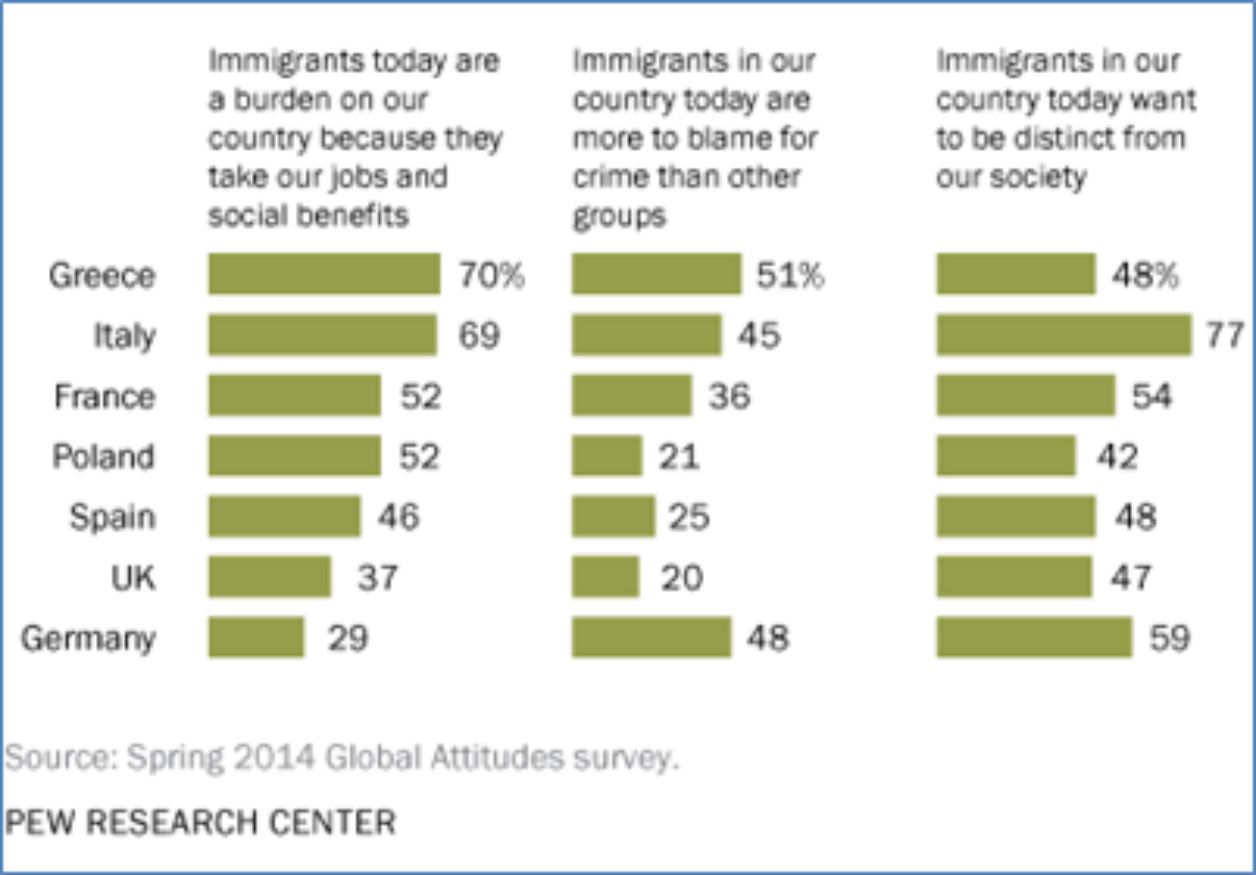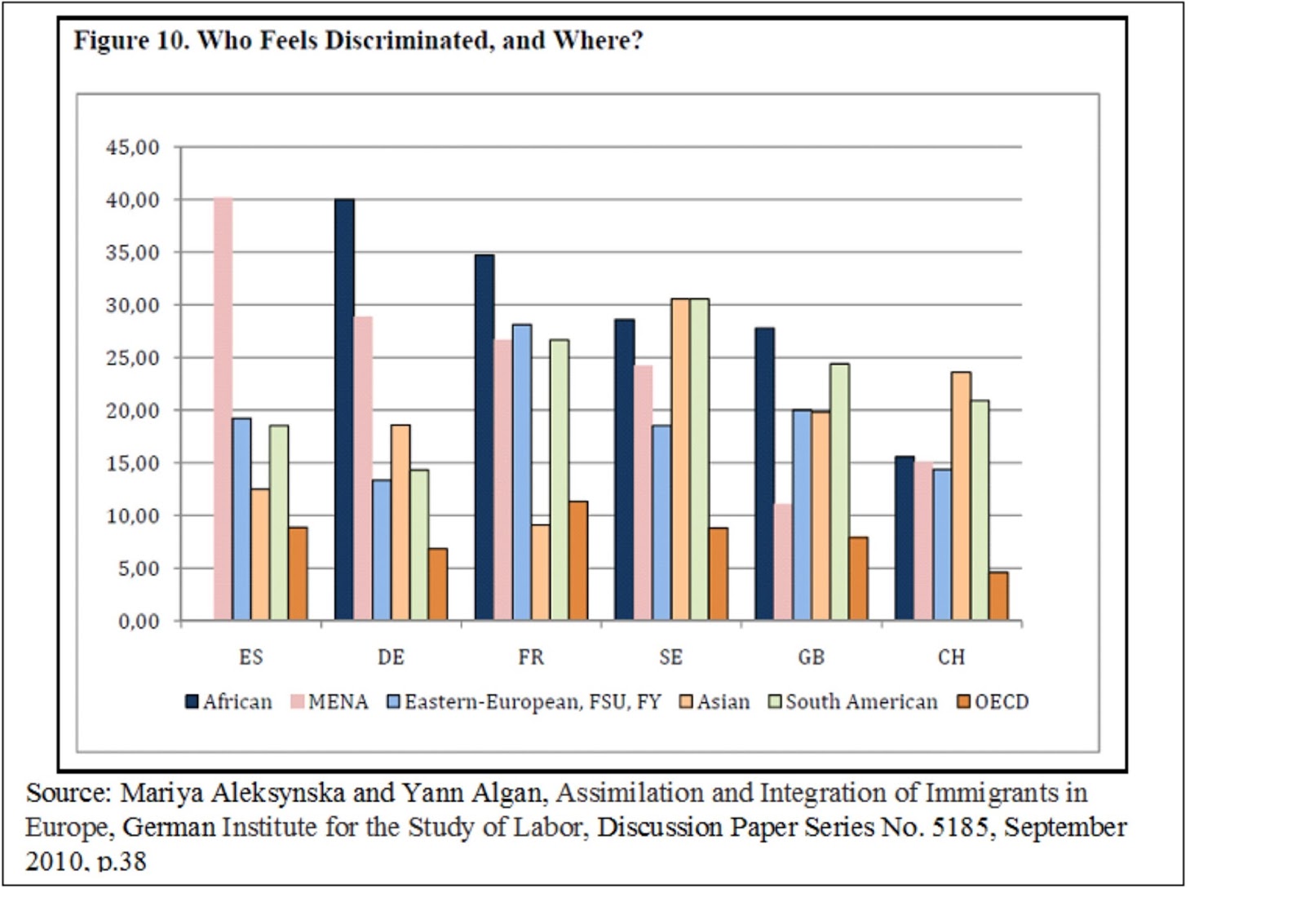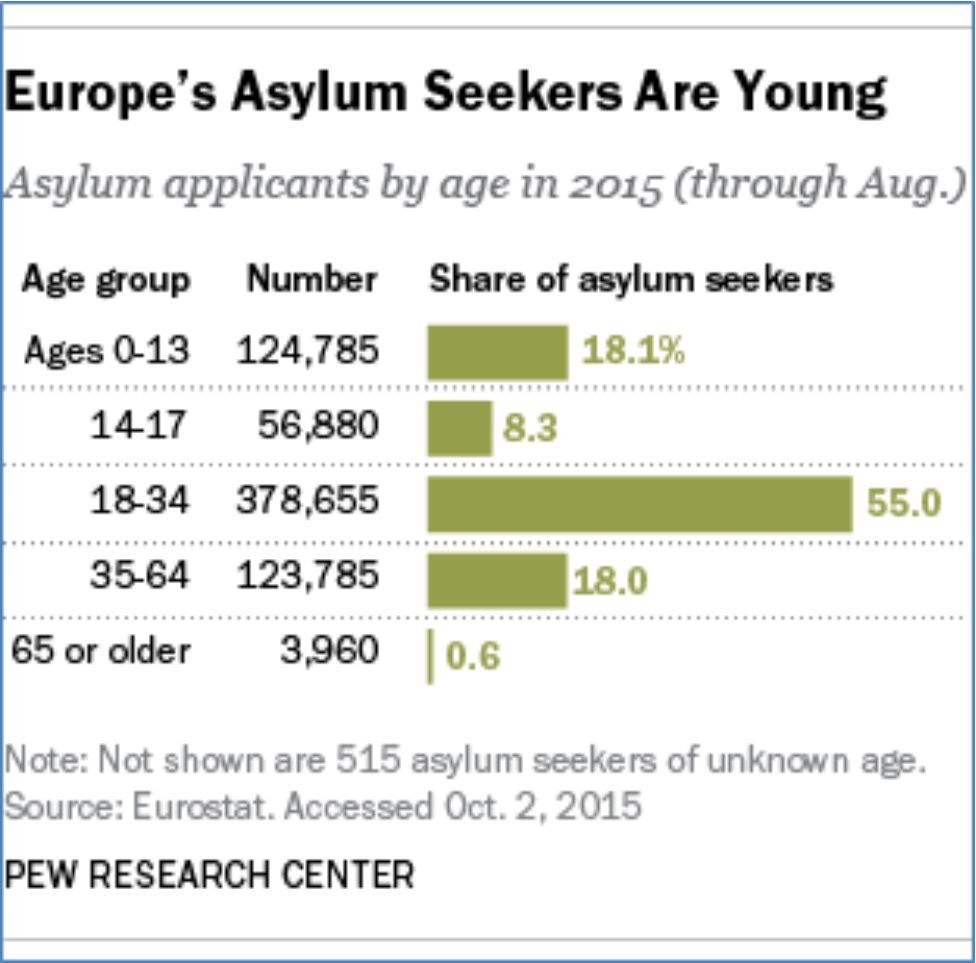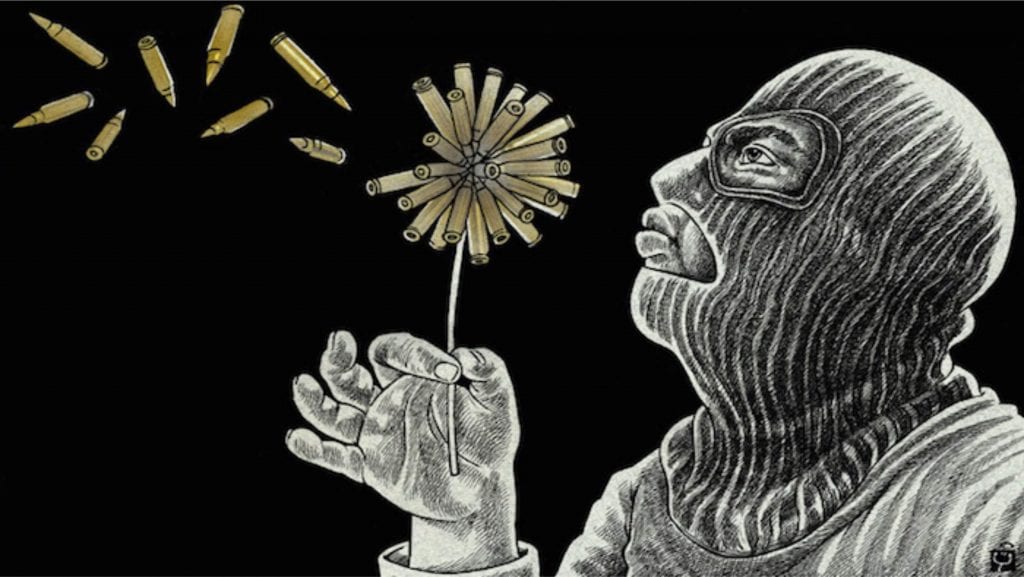Image Credit: Shahrokh Heidari / Cartoon Movement
(Source: http://www.voxeurop.eu/en/content/news-brief/4898214-utoya-charlie-hebdo-and-copenhagen-same-challenge-europe)
Written by Fitri Handayani
The views and opinions expressed in this article are those of the authors and do not necessarily represent the official position of Institute of International Studies Universitas Gadjah Mada.
Following tragedies happened in Middle East, refugees become a major urgent matter in international politics. The inability of the government to protect their people results a massive wave of migration to other countries. These refugees who flee from their home are looking for safety and better life outside the borders. While many are sheltering in the neighboring Middle Eastern countries, around one million people are fleeing to Europe because they see Europe as a place of peace and wealth. (data as of November 2015, by Telegraph).
However, this issue might give insecurities to the host countries. Even though Europe is portrayed as a welcoming region with both arms opened, conservatism still persists. Some countries including Austria, Slovenia, and Croatia close their borders for asylum seekers. “We will not accept any applications for asylum unless we are obliged to under criteria such as Article 8 of the European Convention on Human Rights,” as mentioned by Johanna Mikl-Leitner, the Austrian interior minister.
Beside the numbers, Europeans are worried about multiculturalism and its dangers which might threaten their safety. A 2015 research from Pew Research Center shows that 51% people in Greece and 48% people in Germany blame the immigrants for the crime happened in their countries.

Kenan Malik in Foreign Affairs also once wrote about “Community Versus Society in Europe.” It implies those thirty years ago, multiculturalism was seen as the solution for Europe’s chauvinistic nationalism. However for the past decade, after Europe became more diverse, terrors happened in almost every part of this region. The criminals are not only Muslim terrorists who were responsible for the 2015 attack in Paris (they are French citizens); but also Islamophobic terrorist such as Anders Behring Breivik, who killed 69 persons at a youth camp of the Norwegian island of Utoya (2011). Breivik is one of the Europeans who object multiculturalism, in this case specifically Muslim community. He noticed that Norway is opening its doors to the immigrants, hence he killed the youth who supports multiculturalism. It shows that one of the factors which lead to terrorism is not too much diversity of cultures but too much racism, since terrorism does not limited to specific religion or specific race.
Nevertheless, not only Europeans who have problems in facing multiculturalism. The Immigrants also experienced severe cultural shock and hardly integrated into the society. Some might find it hard to fit in, especially if there are high level of discrimination and lack of tolerance. Taher (27) from Syria was attacked by a gang, who piled out of a car and hit him in Germany. These immigrants have had enough of the xenophobia. A report from Institute for the Study of Labor in 2010 shows that immigrants from Middle East and North Africa (MENA) feel the most discriminated in Spain (40 percent), Germany (29 percent), France (26 percent) and Sweden (24 percent).

The wave of migration will hardly stop, unless the conflict in Middle East ended. Therefore Europe should focus on how to integrate these immigrants and build tolerance in the society, rather than worrying on how to drive them away. Multiculturalism should be seen as another form of tolerance, not as the stimulus for racism. In fact, migrations bring good impact on the demography and economy. Ageing population is one of the greatest challenges for European countries. 27 from 30 countries that hold largest population of age 65 are European countries including Germany, Italy, Greece, and Portugal. While according to Eurostat, 81% of the asylum seekers who applied for EU countries are younger than 35, around 55% are ages 18 to 34.[1] This influx of immigrants renews the supply of younger workers. It improves the EU’s working age population and increase the competition on labor force, a solution for Europe’s ageing population.

In order to build peaceful society along with the immigrants, Europeans should support integrative policies. Some European countries already give integrative policies, such as the language and culture courses for immigrants in German. Yet, it is not only the government’s task to urge the need of integration. The society should also encourage and support the policies by building more tolerance towards the immigrants and help them to adapt with the neighborhood. On the other side, immigrants must also adapt and respect basic European values.
The integration might be a long process; however it is the right thing to accept immigrants, helping them to get a better life, and spread love instead of hatred. In that way, Europe could bring the good impacts and make opportunities out of migrations instead of worrying about multiculturalism.
“Tolerance is the only thing that will enable persons belonging to different religions to live as good neighbours and friends” – Mahatma Gandhi
Fitri Handayani is undergraduate student in Department of International Relations Universitas Gadjah Mada. She currently works as Media Researcher in Programme on European Studies, Institute of International Studies Universitas Gadjah Mada. She can be reached via fitri.han99@gmail.com

